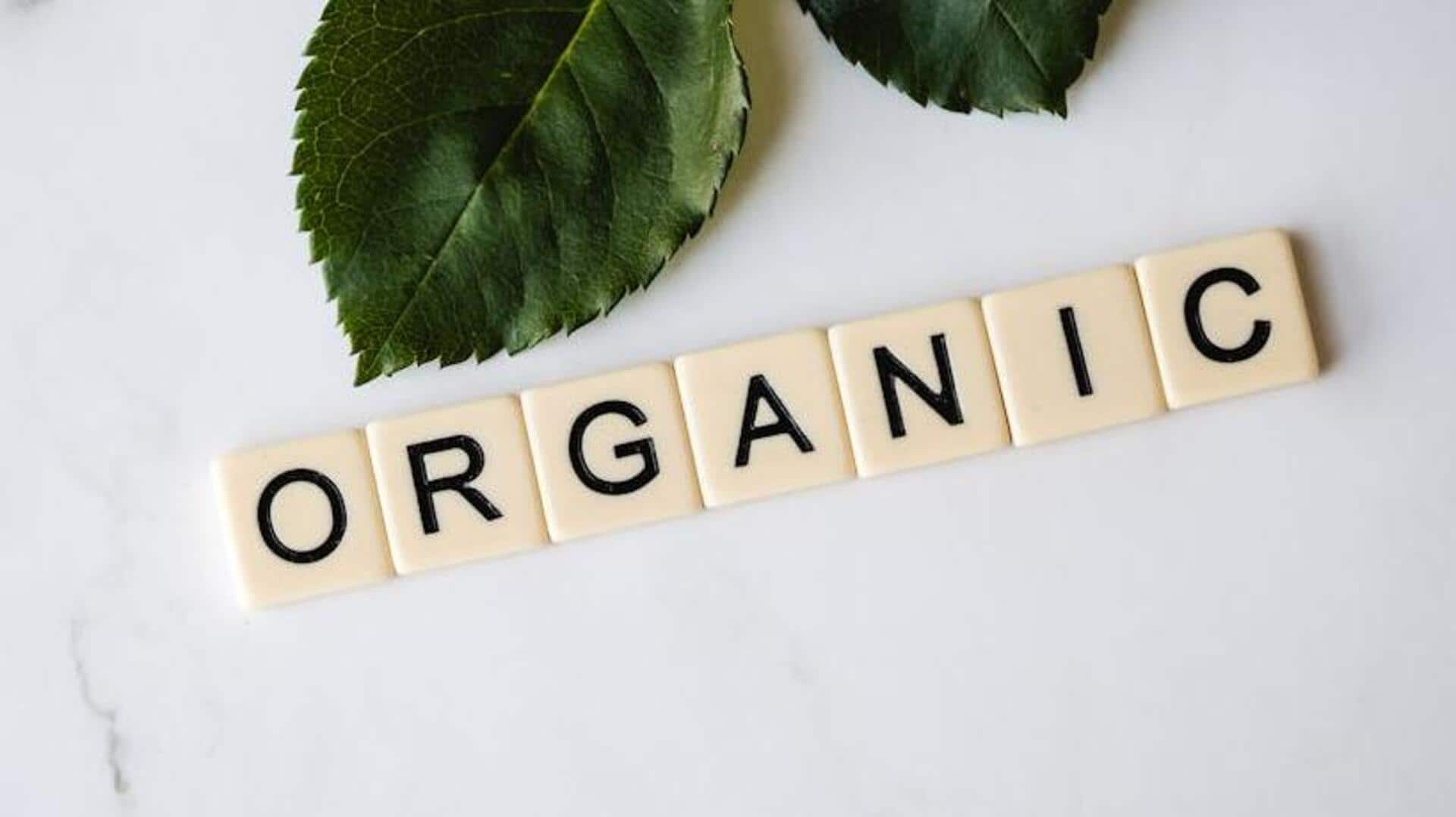
Busting myths: The truth behind organic food revealed!
What's the story
Organic food comes with a halo of health benefits, which makes many believe that it is superior in every way.
However, not all claims about organic food stand the test of the time.
In this article, we attempt to debunk some common myths related to organic food benefits, to give you a clearer picture of what organic really offers.
Nutritional value
Organic equals more nutritious
A common myth is that organic foods are automatically more nutritious than conventional ones.
Studies have indicated that the nutritional value of organic and non-organic foods is pretty much the same.
While certain organic produce may contain slightly higher levels of antioxidants, the difference isn't notable enough to affect overall health drastically.
Consumers must focus on eating a balanced diet rather than depend solely on the label "organic" for nutrition.
Pesticide use
Pesticide-free assumption
Another common misconception is that organic foods are completely pesticide-free.
In reality, organic farming does use pesticides, but they come from natural sources rather than synthetic chemicals.
These natural pesticides can still be harmful if consumed in large quantities.
It is advisable for consumers to wash all produce thoroughly, whether it's labeled as organic or not.
Environmental impact
Better for the environment claim
Many assume that picking organic means you're automatically supporting environmentally friendly practices.
While organic farming typically employs sustainable practices like crop rotation, composting, etc., it also takes more land, as yields are lower than conventional farming.
This additional land use can contribute to deforestation, habitat destruction, etc., in some cases.
So, the environmental impact depends on specific farming practices rather than just being 'organic.'
Price factors
Higher cost justification
The high price tag of organic products makes a lot of people think that they are paying for better quality or benefits.
The difference in cost mainly comes from costlier farming practices and the certification process to label products as "organic."
Although these elements lead to higher prices at checkout counters across the globe, shoppers should consider if perceived benefits are worth spending more without presuming organic is always better.